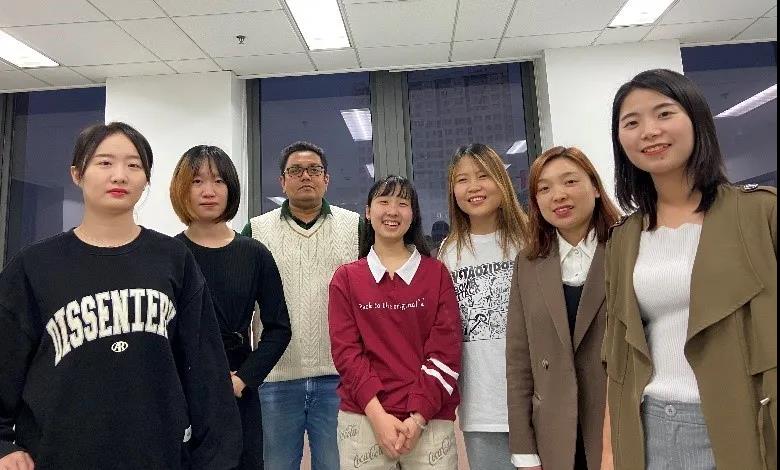Lately, Parag Kundu, the Principal Investigator of Institut Pasteur of Shanghai, was awarded the NSFC “the Research Fund for International Young Scientists” for the year 2021, which is established for international elite scientists with foreign citizenship who are ready to work at Chinese host institution for basic research, a pillar of support for stable academic cooperation and exchanges between international and national academia in the long term.

Grown up in India, Prof. Parag Kundu heads the unit of Microbiota-Host Interactions at The Centre for Microbes, Development and Health (CMDH) at Institut Pasteur of Shanghai-CAS. After finishing PhD in 2009, he received postdoctoral training from Karolinska Institute, Sweden and had been working as a Senior Scientist at SCELSE, Singapore before joining IPS in 2019.
Prof. Parag Kundu has several years of research experience in gut-microbiota, stem cell and cancer biology with specific expertise in axenic mise, transgenic animal models, ex vivo organoids, microbial manipulation and stem cell-based therapies against cancer. After his accession to IPS, his targeted and precise team building, together with their experiment platform contribute to pinning down major research on the complex interplay between gut microbiota and stem cells in host development and ageing with productive and fruitful scientific research.
In the recent years, he has received the Joint CSIR-UGC-JRF fellowship, Japan Society for the Promotion of Science (JSPS) award, Merlion Project Grant as co-PI, and CAS President’s International Fellowship Initiative (PIFI) award.
In his application to the NSFC “The Research Fund for International Young Scientists” for the year 2021, Prof. Parag Kundu points out that the identification - the gut microbiome as a major regulator of host metabolism, immune and cognitive functions in an age dependent manner is a major break-through - will reshape our perspectives to human health. The primary aim of this research plan is to elucidate the intricate interplay between gut microbiota and host intestinal and neuronal stem cells during homeostasis or dysbiosis across age and establish a “microbiota-stem cell axis”. Leading his research team, he will scrutinize the influence of specific age and health associated microbial signatures on host stem cell functions and decode the underlying molecular mechanisms. His ultimate goal is to identify potential health associated microbes that could positively influence stem cell functions and utilize them to develop microbiota-based intervention strategies to promote healthy ageing with prevention and treatment plans.

It has been already two years since his trip to China, where he quickly blends in the locals with his preferred city, Shanghai. Amid the outrage of the pandemic, instead of returning to get reunion with his family, he toils away just for sticking to his scientific commitment. Though nostalgic and homesick, he draws back-up and energy from substantial support and care of his co-workers and students in the Institut – a hub that provides a high-quality biomedical research platform for international researchers, “I am particularly lucky to be associated with a bunch of talented students and staff in my Unit, who are highly motivated to drive our scientific ambitions to the next level”, he once said.

